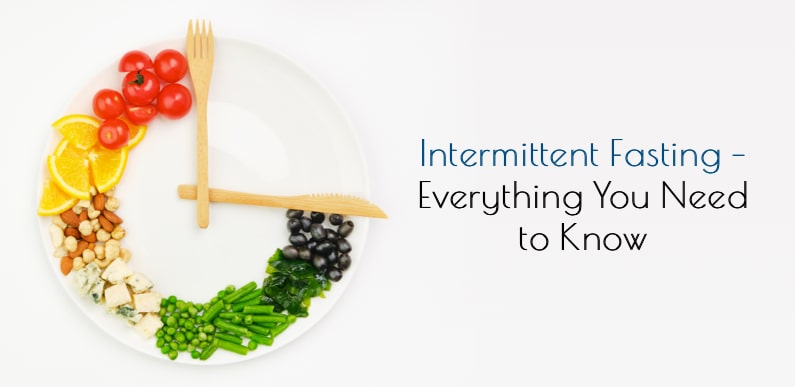Carbohydrates are not bad, but some may be healthier than others. See why carbs are essential for your health and which ones to choose.
Carbohydrates often get a bad rap, especially when it comes to weight gain. But carbohydrates are not all bad. Because of their numerous health benefits, carbohydrates have a rightful place in your diet. Your body needs carbohydrates to function well.
But some carbohydrates might be better for you than others. Understand more about carbohydrates and how to choose healthy carbohydrates.
Understanding carbohydrates
Carbohydrates are a type of macronutrient found in many foods and beverages. Most carbohydrates occur naturally in plant-based foods, such as grains. Food manufacturers also add carbohydrates to processed foods in the form of starch or added sugar.
Common sources of naturally occurring carbohydrates include:
· Fruits
· Vegetables
· Milk
· Nuts
· Grains
· Seeds
· Legumes
Types of carbohydrates
There are three main types of carbohydrates:
· Sugar:
Sugar is the simplest form of carbohydrate and occurs naturally in some foods, including fruits, vegetables, milk, and milk products. Types of sugar include fruit sugar, table sugar, and milk sugar.
· Starch:
Starch is a complex carbohydrate. Starch occurs naturally in vegetables, grains, and cooked dry beans and peas.
· Fiber:
Fiber also is a complex carbohydrate. It occurs naturally in fruits, vegetables, whole grains, and cooked dry beans and peas.
How many carbohydrates do you need?
The Dietary Guidelines recommend that carbohydrates make up 45 to 65 percent of your total daily calories.
If you get 2,000 calories a day, between 900 and 1,300 calories should be from carbohydrates, which translates to between 225 and 325 grams of carbohydrates a day.
You can find the carbohydrate content of packaged foods on the Nutrition Facts label. The label shows total carbohydrates, including starches, fiber, sugar alcohols, and naturally occurring and added sugars.
Despite their bad rap, carbohydrates are vital to your health for several reasons.
Providing energy
Carbohydrates are your body’s primary fuel source. During digestion, sugars and starches break down into simple sugars, which get consumed into your bloodstream.
From there, glucose enters your body’s cells with the help of insulin. Your body uses glucose for energy and fuels all your activities — whether it’s going for a jog or simply breathing. Extra glucose in your liver, muscles, and other cells for later use or is converted to fat.
Protecting against disease
Some evidence suggests that whole grains and dietary fiber from whole foods help reduce your risk of cardiovascular diseases. Fiber may also protect against obesity and type 2 diabetes. Fiber is also essential for optimal digestive health.
Controlling weight
Evidence shows that eating plenty of fruit, vegetables, and whole grains can help you control your weight. Their bulk and fiber content aids weight control by helping you feel full on fewer calories. Contrary to what low-carb diets claim, very few studies show that a diet rich in healthy carbohydrates leads to weight gain or obesity.
Choose your carbohydrates wisely.
Carbohydrates are an essential part of a healthy diet and provide many essential nutrients. Still, not all carbs are created equal.


Here is how to make healthy carbohydrates work in a balanced diet:
· Emphasize fiber-rich fruits and vegetables. Aim for whole fresh, frozen, and canned fruits and vegetables without added sugar. Other options are fruit juices and dried fruits, which are concentrated sources of natural sugar and therefore have more calories. Whole fruits and vegetables also add fiber, water, and bulk, which help you feel fuller on fewer calories.
· Choose whole grains. Whole grains are better sources than refined grains of fiber and other essential nutrients, such as B vitamins. Refined grains sometimes strip out parts of the grain and some of the nutrients and fiber during the process.
· Stick to low-fat dairy products. Milk, cheese, yogurt, and other dairy products are good sources of calcium and protein, plus many different vitamins and minerals. Consider the low-fat versions to help limit calories and saturated fat. And beware of dairy products that have added sugar.
· Eat more legumes. Legumes — which include beans, peas, and lentils — are among the most versatile and nutritious foods available. They are typically low in fat and high in folate, potassium, iron, and magnesium, and they contain beneficial fats and fiber. Legumes are a good source of protein and can be a healthy substitute for meat, which has more saturated fat and cholesterol.
· Limit added sugars. Added sugar probably is not harmful in small amounts. But there is no health advantage to consuming any amount of added sugar. The Dietary Guidelines for Americans recommends that less than 10 percent of the calories you consume every day come from added sugar.
So, choose your carbohydrates wisely. Limit foods with added sugars and refined grains, such as sugary drinks, desserts, and candy, packed with calories but low in nutrition. Instead, go for fruits, vegetables, and whole grains.
Check out the FNS ONLINE Training Center for your Daily Inspiration, Focus, Nutrition and Workouts of the Day by clicking on the link above.






